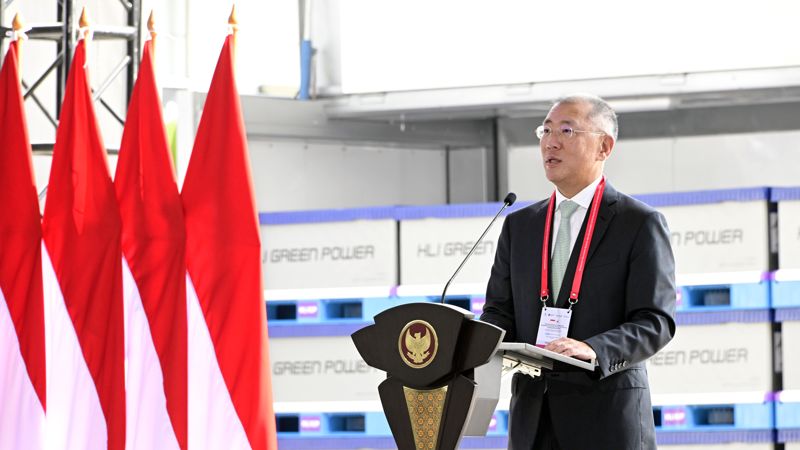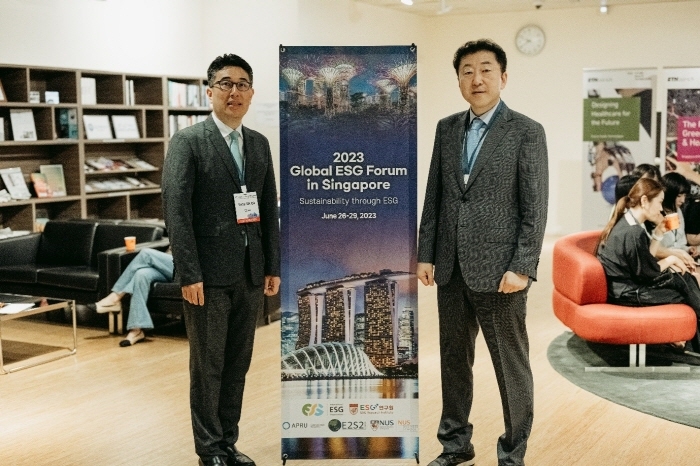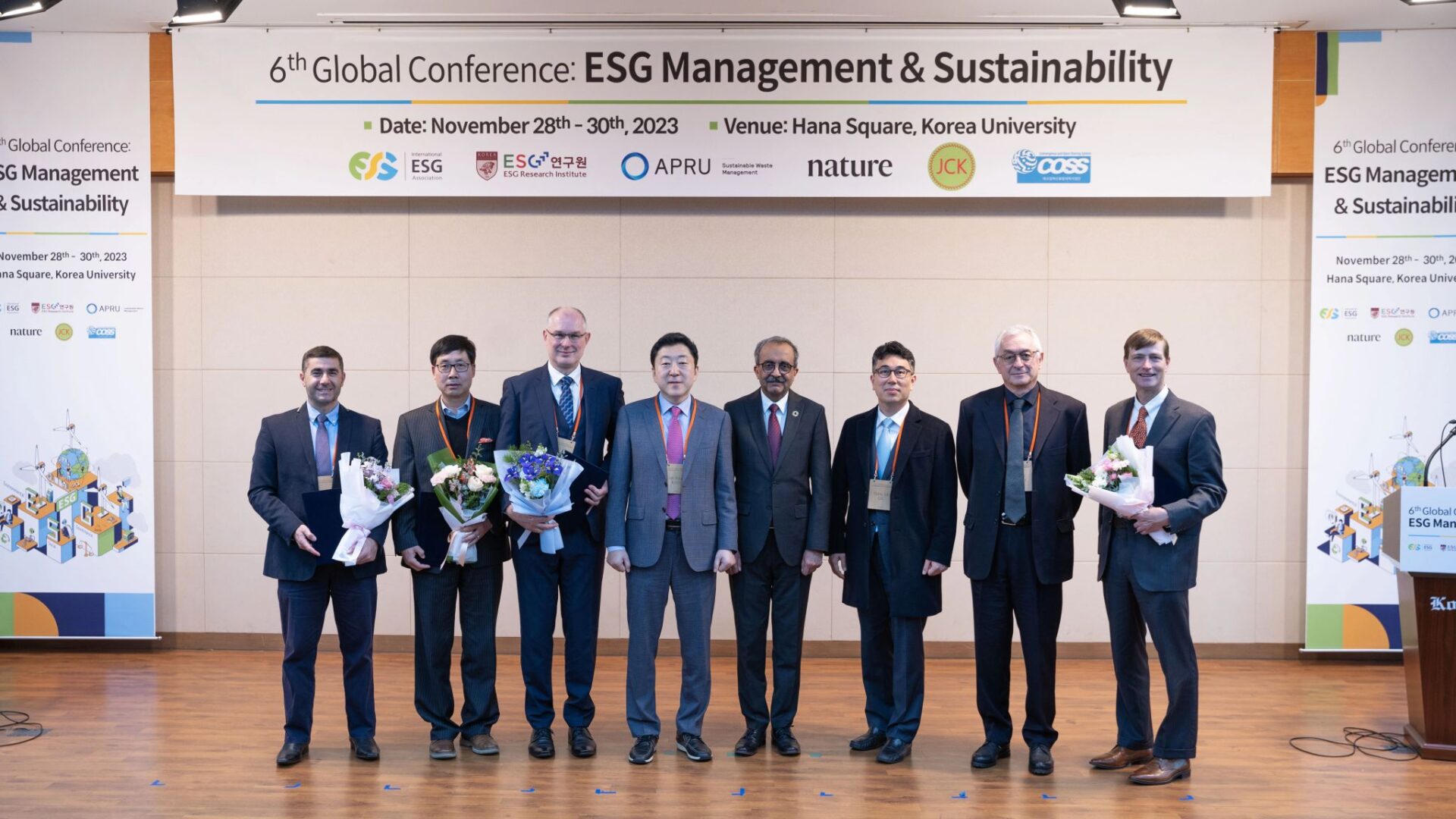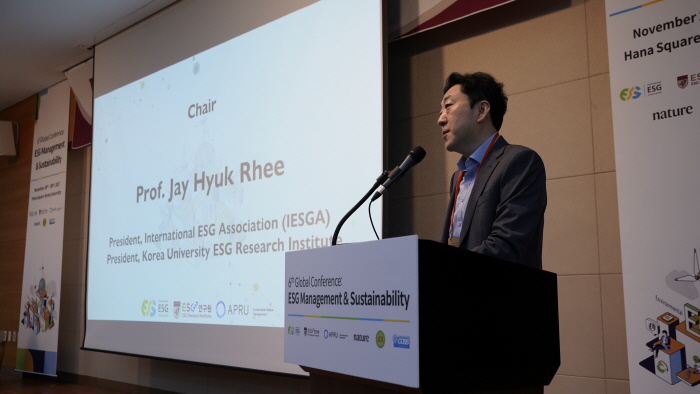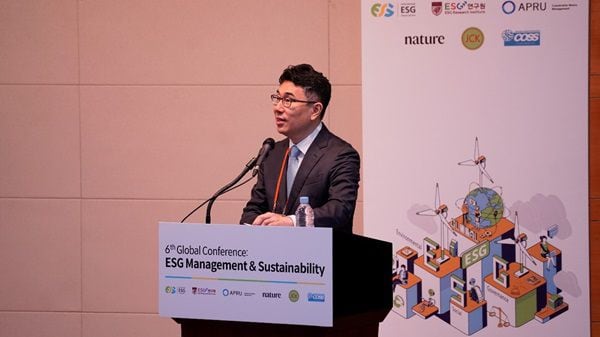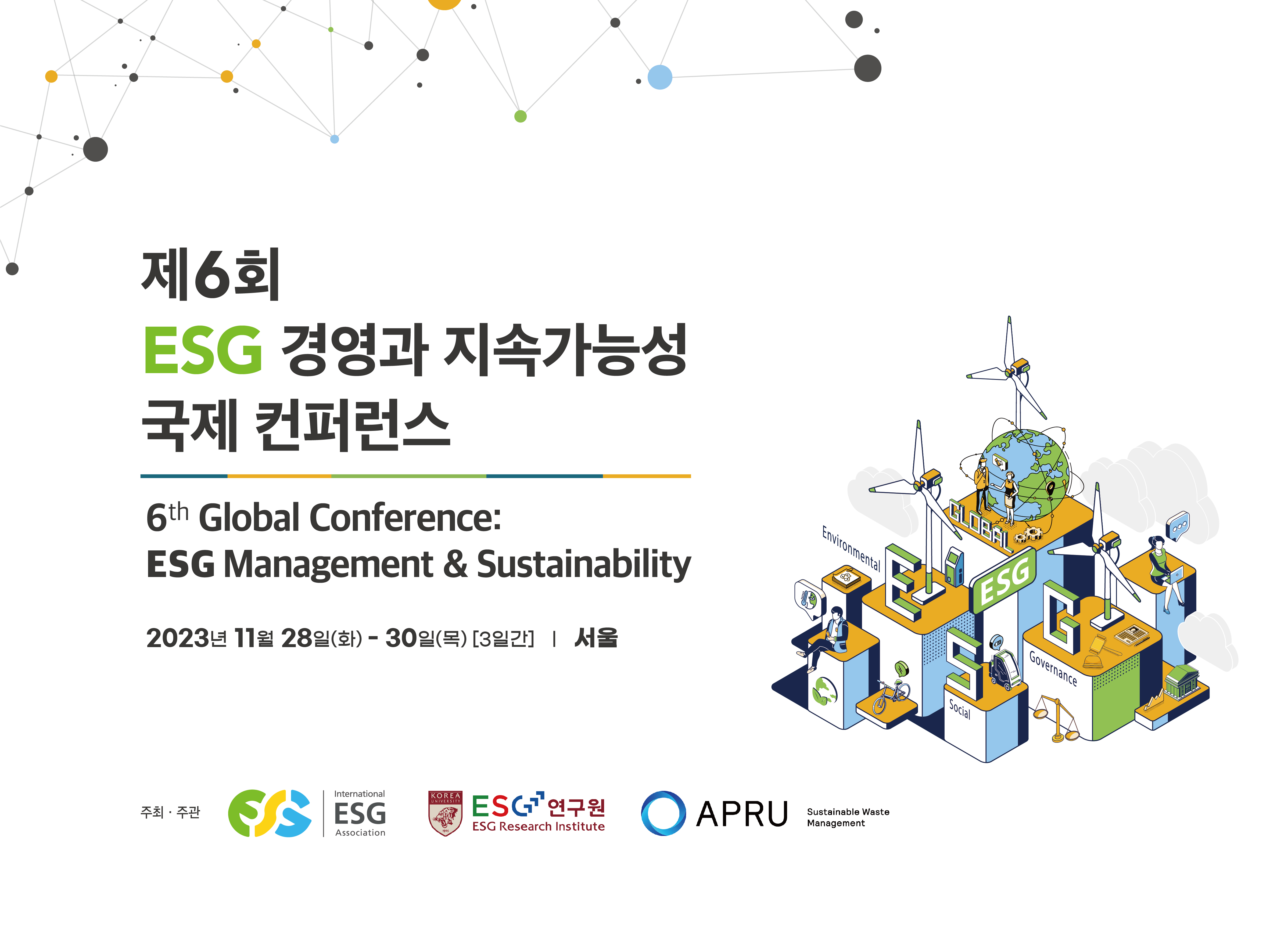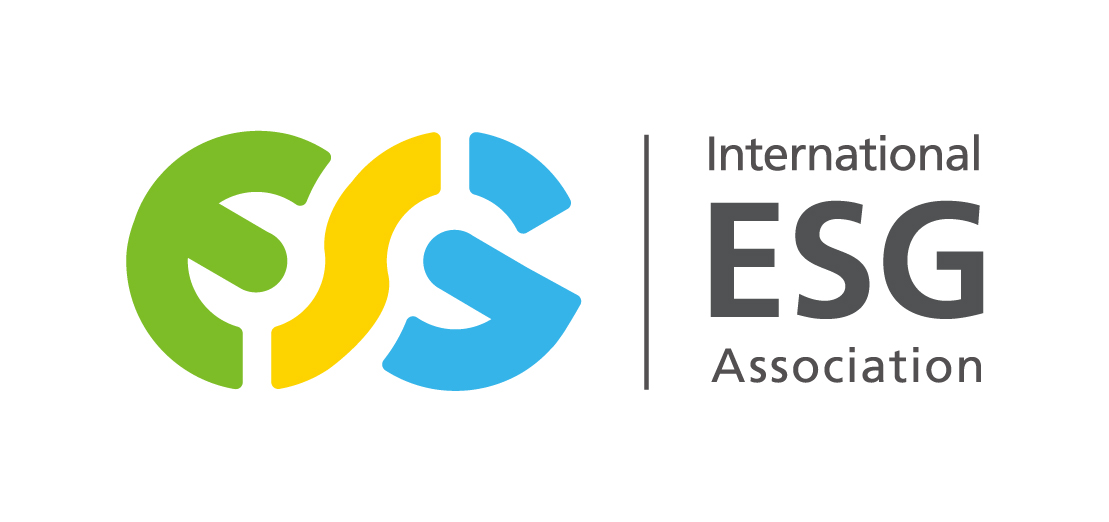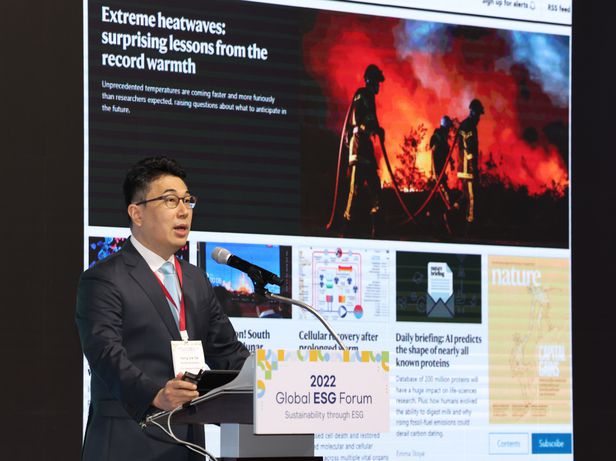

검색
-
 [EurekAlert] Interdisciplinary excellence and consistent impact: Perspectives from highly cited researcher Prof. Yong Sik Ok
[EurekAlert] Interdisciplinary excellence and consistent impact: Perspectives from highly cited researcher Prof. Yong Sik OkWith the increase in electronic and plastic waste—key factors leading to soil contamination—international efforts towards the development of sustainable waste management strategies are underway. At the vanguard of these efforts is Professor Yong Sik Ok from Korea University, who has been pioneering research to tackle some of the most pressing contemporary challenges the world faces today, such as climate change and environmental degradation.His research focuses on achieving the 17 Sustainable Development Goals (SDGs) that have been presented in the United Nations’ (UN) 2030 Agenda for Sustainable Development. “There are significant obstacles in terms of the technical and engineering aspects, which arise when working towards sustainable achievement of these goals for both, the peopl...
작성일: 23.07.05 -
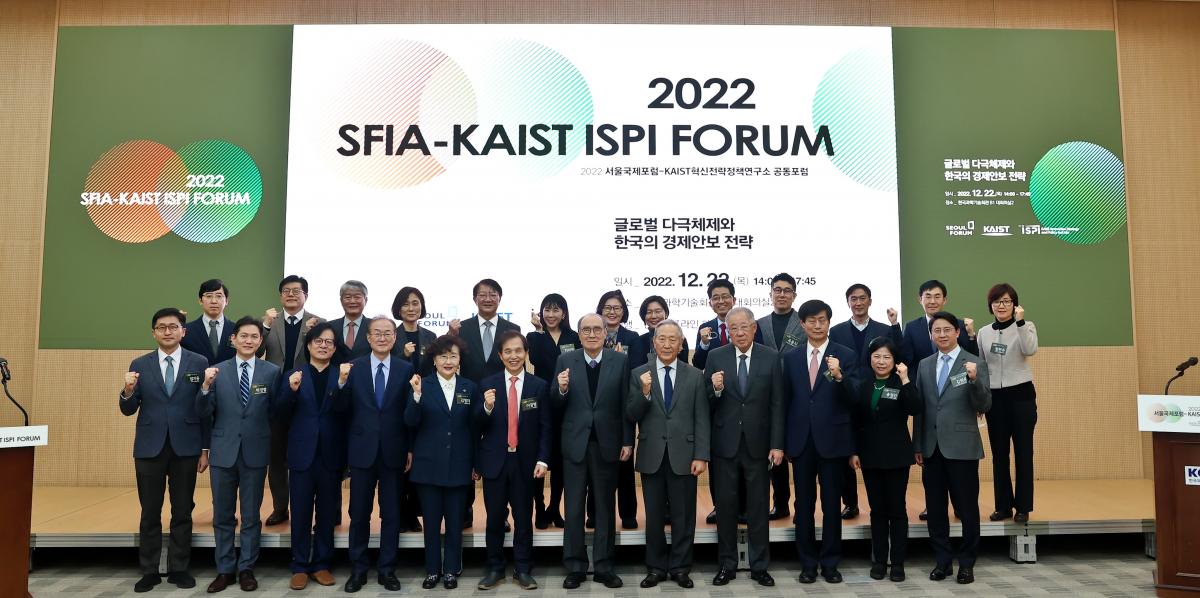 [SEOUL FORUM] 2022 SFIA-KAIST ISPI FORUM작성일: 23.07.05
[SEOUL FORUM] 2022 SFIA-KAIST ISPI FORUM작성일: 23.07.05 -
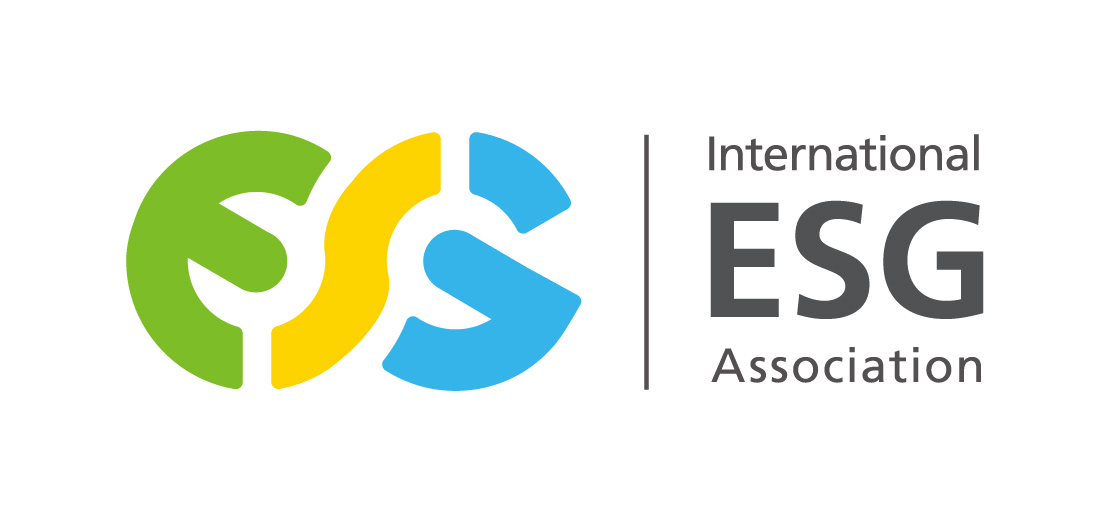 [Business Wire] PowerSchool Shares Its Commitment to a More Sustainable Future in Inaugural Environmental, Social and Governance (ESG) Report
[Business Wire] PowerSchool Shares Its Commitment to a More Sustainable Future in Inaugural Environmental, Social and Governance (ESG) Report“We are excited to take the next step in our ESG journey and continue to move toward our goal of creating social impact within education, making positive contributions to the environment and continuing to create a diverse workforce,” said Hardeep Gulati, CEO of PowerSchool. “It is our unwavering commitment to and passion for serving educators and students that guides our ESG philosophy, as well as our mission as a company. We look forward to continuing to build toward our ESG goals and being an agent of change in the world.”PowerSchool’s approach to ESG is structured around five key pillars that reflect the opportunities deemed most relevant to the company and key stakeholders today, including:Social impact – leveraging PowerSchool talent and technology to create social impact ...
작성일: 23.07.05 -
 [Bloomberg] ESG Pioneer Expects Shakeout for Funds Hyped by ‘Fairy Dust’
[Bloomberg] ESG Pioneer Expects Shakeout for Funds Hyped by ‘Fairy Dust’After attracting trillions of dollars, the ESG fund industry is headed for a “shakeout” over the next five years, according to the man who coined the acronym.The finance sector has “sprinkled ESG fairy dust” on products that do little to account for environmental, social and governance risks, said Paul Clements-Hunt, adding that ESG funds in jeopardy include those that track benchmark indexes, some of which invested in Russia.
작성일: 23.07.05 -
 [The Guardian] Oil and gas facilities could profit from plugging methane leaks, IEA says
[The Guardian] Oil and gas facilities could profit from plugging methane leaks, IEA saysPlugging methane from leaky oil and gas facilities would be free of cost almost everywhere in the world, and in many cases would produce a significant profit, at today’s soaring gas prices, the International Energy Agency has found, suggesting that governments have few excuses for not taking action to curb emissions of the powerful greenhouse gas.Governments have been underreporting their emissions of methane to a dramatic extent, and those emissions are still rising fast, according to the Global Methane Tracker report from the IEA published on Wednesday. Using satellites and other new data, the energy watchdog found emissions were about 70% higher than national governments had suggested, showing the need for far greater monitoring, as well as efforts to staunch leaks.
작성일: 23.07.05
